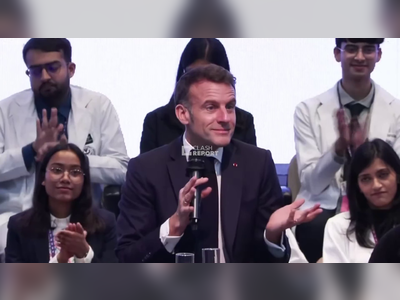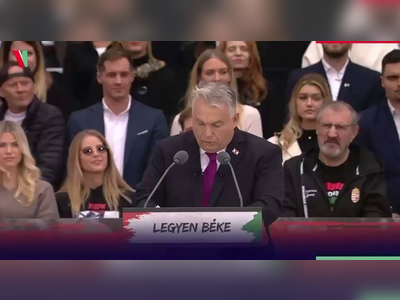
Cloud adoption on the right track in Hungary
BBJ: Where is the Hungarian market in the journey between on-site and cloud-based solutions?
László Marton: Market players in Hungary have generated a considerable improvement recently and developed a basic, initial knowledge of cloud services. Undoubtedly, every business procedure has specific fields where cloud frameworks can deliver higher sustainability, resilience, and flexibility. I am positive that almost all large- and medium-sized firms have engaged in some ways with the cloud, if only through their mailing system. Of course, many are going further in adopting a wide range of cloud-based business solutions. Others have no cloud experience at all. I would not call the latter laggards or conservatives; their technological microenvironment and business goals are simply not in line with the benefits of cloud solutions. If we think about the Hungarian assembly unit of a foreign auto parts manufacturer, we can all admit that they are not in urgent need of cloud-based services. E-commerce firms in the retail sector, on the other hand, have already identified its importance, especially in running their online webshops; besides the everyday workflow, cloud computing remarkably facilitates plans for shipping capacities as well. Cloud penetration, in general, is on the right track in Hungary. This is a shared journey where clients, as well as service providers, go side-by-side.
BBJ: What are the main driving factors for migration?
ML: There is an array of different types of capabilities the cloud can deliver for businesses. I would mention improved agility, resilience, and flexibility. When it comes to the latter, we need to spotlight business-related driving factors next to more common technological ones. The cloud, for instance, helps business environments meet market needs more effectively. Businesses can respond faster to potential expansion, and it also assists firms in faster market entry. In addition, it is easier to change or open new sales channels in cloud frameworks. Let’s also mention here data and cyber security. Migrating either a partial or entire backup environment to the cloud gives extra safety. We have learned from the pandemic that providing remote workers with access to usual capacities is indispensable, which is much easier via the cloud than via on-premises infrastructure. Just as in the European Union or the United States, business process modeling is becoming increasingly popular in Hungary. And modeling requires capacities. Among the most effective driving factors, however, are AI and self-learning systems being accessible in the cloud. The value of a company primarily depends on its product and service portfolio, but sustainable workflows and environmental awareness also trigger business value. According to a study compiled by consulting firm Accenture, migrating to the cloud through consolidated IT environments cuts CO emissions by at least 80%.
BBJ: How do you differentiate yourself against competitors?
ML: Invitech tries to position itself and its entire infrastructure as a professional mentor and a consultancy firm helping its clients in their migration. Invitech can combine its products and services with those of giants such as Amazon or Microsoft. We strive for this hybrid approach in our strategy.
BBJ: Is there any mistrust among customers in terms of cyber security and data protection?
ML: Despite ISO standards and countless guarantees from service providers, company data assets, client information, and know-how stored outside of the companies’ premises naturally generates lingering concerns on the market. Some companies in various areas will never migrate to a cloud server. Many other business processes, however, are a perfect fit for the cloud with essential security certifications. Large international public service providers are also facing some sort of mistrust from the fact that customer data is usually stored in servers beyond the customers’ homeland, often at the other side of the world. Invitech data centers are placed in Hungary, eliminating exposure to international privacy risks.
BBJ: Is education still necessary?
ML: Yes, absolutely. Invitech’s strategy is very highly based on educational purposes, which are not necessarily technical, much more businesslike. We must educate our clients in various fields, explaining that migrating business workflows will bring added value to their operation. The technical advantages, in general, have been acknowledged by customers. Education is more about business. Why? Because it is tough to define relevant metrics and KPIs around results. We do not have existing solutions to measure the benefits of the migration of, for example, invoicing and product development systems into the cloud. It is very hard to create standardized measuring systems, as different customers use different KPIs.
BBJ: How do you see future trends?
ML: I think that the future will bring solid development in Software as a Service (SaaS), especially for functionality-based business models. When customers want to develop a CRM system, they still like to contact software manufacturers instead of defining business functionality goals and inviting various service providers in a tender. I think that the future will help migrate relevant functionalities to the cloud too. Another subsequent aspect is that customers will reconsider existing implementations, start thinking about how they can make things better, and identify areas where development is necessary. At the same time, I project that large-scale public service providers will extend further on the market in partnership with local firms as, no doubt, cloud computing remains a good business.











